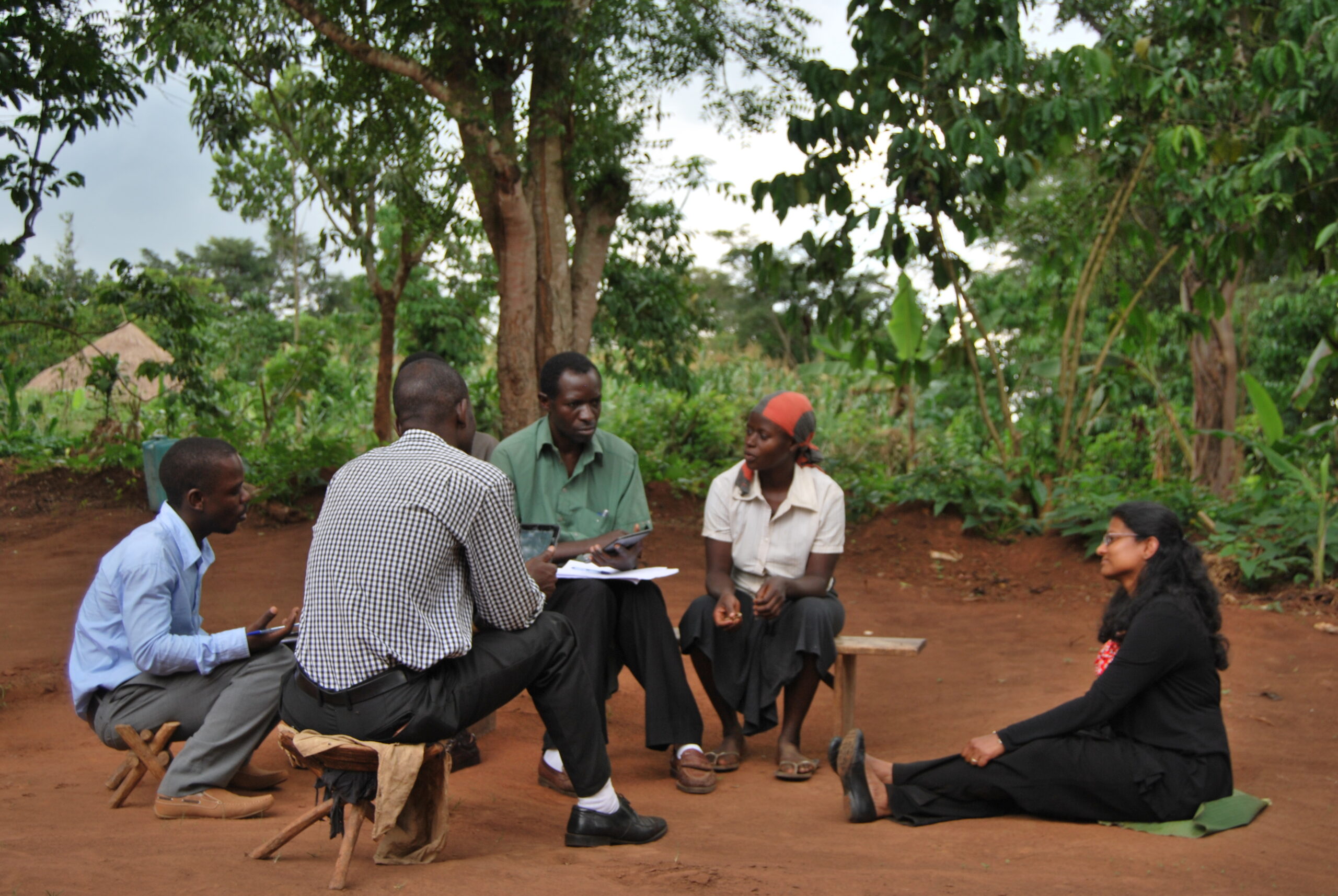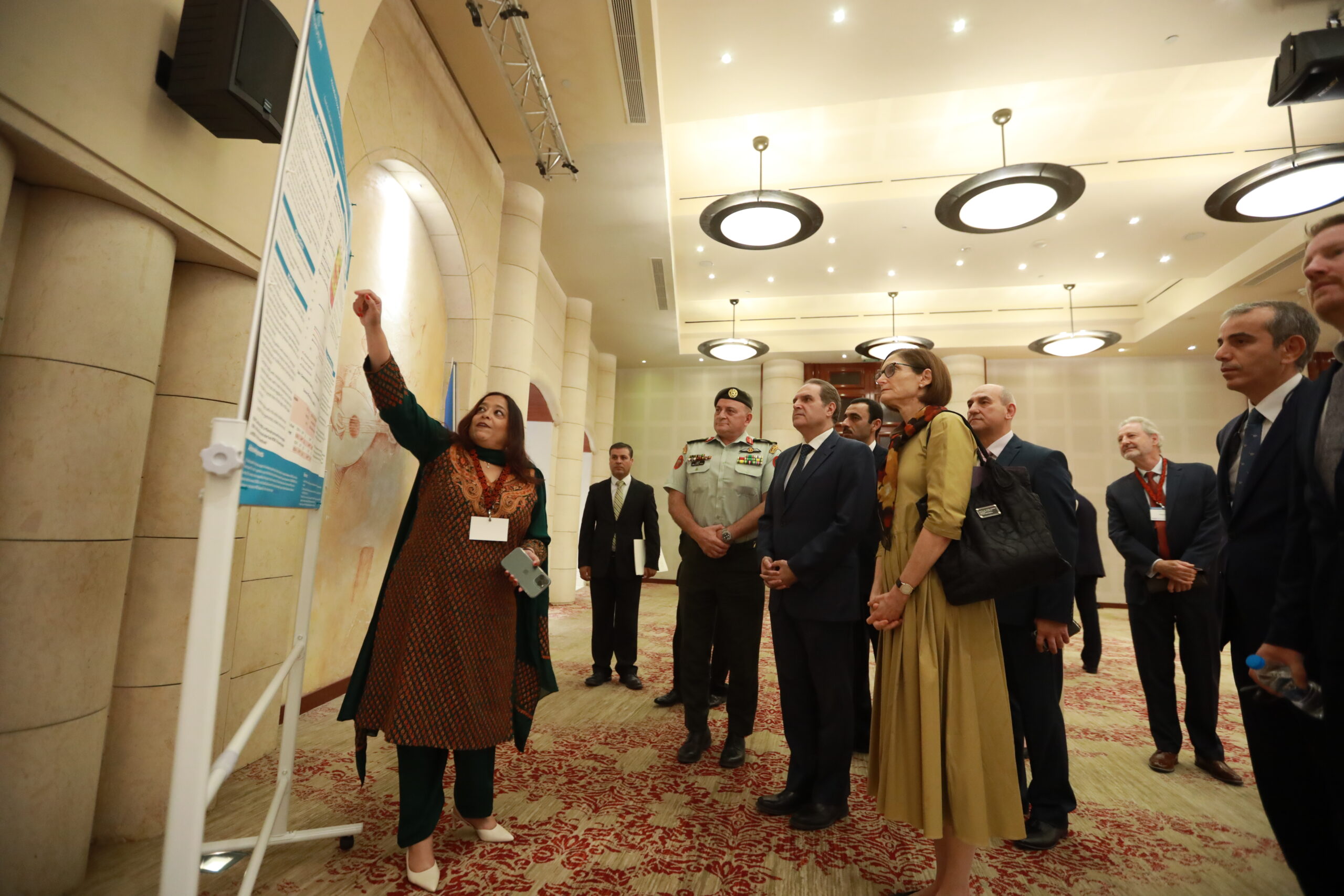FSN-IL Activity Domains
The three main FSN-IL activities, all intendended to achieve long-term development impacts among host country beneficiaries, are elaborated below.
Research For Development
Our R4D activities are focused on identifying, adapting, testing, and disseminating context-specific and proven technologies and practices to enhance the nutrition sensitivity and resilience of food systems value chains. Employing a multi-stage research approach, we identify on-the-shelf food systems innovations and stakeholders to target priority issues, generate rigorous evidence, assess potential adoption and scaling constraints, and disseminate findings to a wide global audience to support nutrition-sensitive programs and policies. Our key research areas include food safety and storage innovations, diet quality of women and girls, drivers of consumption choice by low-income consumers, understanding risks associated with climate change and the need for resilience.


Capacity Building
The human and institutional capacity development activities that FSN-IL undertakes in its focus countries are aimed at addressing the needs of current and future researchers, policymakers, and private sector actors. With support from in-country experts, FSN-IL identifies and supports appropriate regional and country-level activities, such as online learning modules/degree and non-degree courses, workshops on research methods or needs assessments, short-and long-term training opportunities, travel fellowships supporting focus country nationals at research conferences, and food system leadership training for policymakers and parliamentarians.
Stakeholder Engagement
FSN-IL works with a wide range of food system stakeholders to identify innovations with potential to make real, cost-effective impacts on nutrition. To support faster uptake and scaling of food systems innovations, FSN-IL engages with private sector hubs and business associations that link suppliers, retail competitors, regulators, and other influential market stakeholders. Findings of our work are distilled and packaged for non-research audiences, including businesses, development partners, public extensions systems, and other donors.

